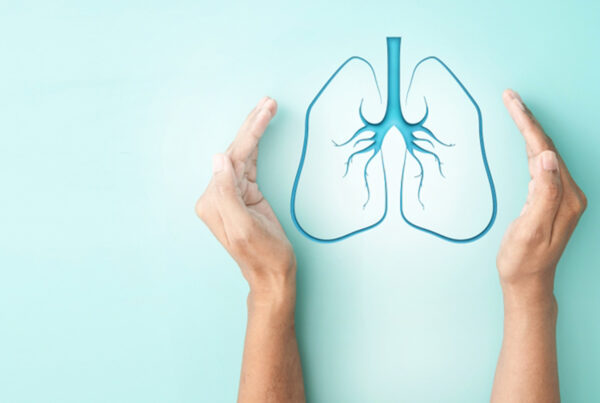Taking care of your pulmonary (lung) health is essential for overall well-being. Here are actionable tips to maintain and improve lung health:
1. Avoid Smoking
- Why? Smoking damages lung tissues, reduces lung function, and increases the risk of chronic diseases like COPD and lung cancer.
- Action: Avoid smoking or quit if you’re a smoker. Seek support through cessation programs, nicotine replacement therapy, or counseling.
2. Minimize Exposure to Air Pollution
- Why? Airborne pollutants can irritate the lungs and exacerbate conditions like asthma or bronchitis.
- Action:
- Avoid outdoor activities during high pollution days.
- Use air purifiers at home.
- Wear masks (N95 or better) in polluted environments.
- Plant air-purifying plants indoors, like aloe vera or peace lilies.
3. Practice Breathing Exercises
- Why? They improve lung capacity, oxygen exchange, and respiratory muscle strength.
- Action:
- Diaphragmatic breathing: Focus on deep belly breaths.
- Pursed-lip breathing: Inhale through the nose and exhale slowly through pursed lips.
4. Stay Active
- Why? Regular exercise enhances lung capacity and oxygen efficiency.
- Action:
- Engage in cardiovascular activities like walking, swimming, or cycling for at least 30 minutes a day, 5 days a week.
- Incorporate yoga to improve breathing control.
5. Prevent Infections
- Why? Respiratory infections can damage the lungs and worsen existing conditions.
- Action:
- Get vaccinated against the flu, pneumonia, and COVID-19.
- Wash your hands regularly and avoid close contact with sick individuals.
- Stay hydrated and maintain a balanced diet to boost immunity.
6. Maintain a Healthy Diet
- Why? Certain nutrients support lung health and reduce inflammation.
- Action:
- Include fruits and vegetables rich in antioxidants (e.g., berries, spinach, oranges).
- Eat omega-3 fatty acids (e.g., fatty fish, walnuts) to reduce inflammation.
- Stay hydrated to keep mucus thin and easy to clear.
7. Monitor and Manage Chronic Conditions
- Why? Conditions like asthma, allergies, and COPD need proper management to prevent lung damage.
- Action:
- Follow prescribed treatment plans.
- Use inhalers or medications as directed.
- Schedule regular check-ups with a pulmonologist if needed.
8. Avoid Harmful Chemicals
- Why? Prolonged exposure to chemicals and fumes can lead to chronic lung diseases.
- Action:
- Use protective gear when handling chemicals.
- Ensure proper ventilation in workplaces or homes where chemicals are used.
9. Practice Good Posture
- Why? Slouching can compress your lungs, reducing their efficiency.
- Action:
- Sit and stand with your back straight to allow full lung expansion.
10. Regular Lung Function Tests
- Why? Early detection of lung issues allows for timely intervention.
- Action:
- Consider spirometry or lung health check-ups, especially if you’re at risk due to smoking or occupational hazards.
Signs to Watch For
Seek medical advice if you notice:
- Persistent cough.
- Shortness of breath.
- Chest pain.
- Wheezing.
- Excessive mucus production.
Taking preventive steps and maintaining a healthy lifestyle can significantly improve your pulmonary health and overall quality of life.




